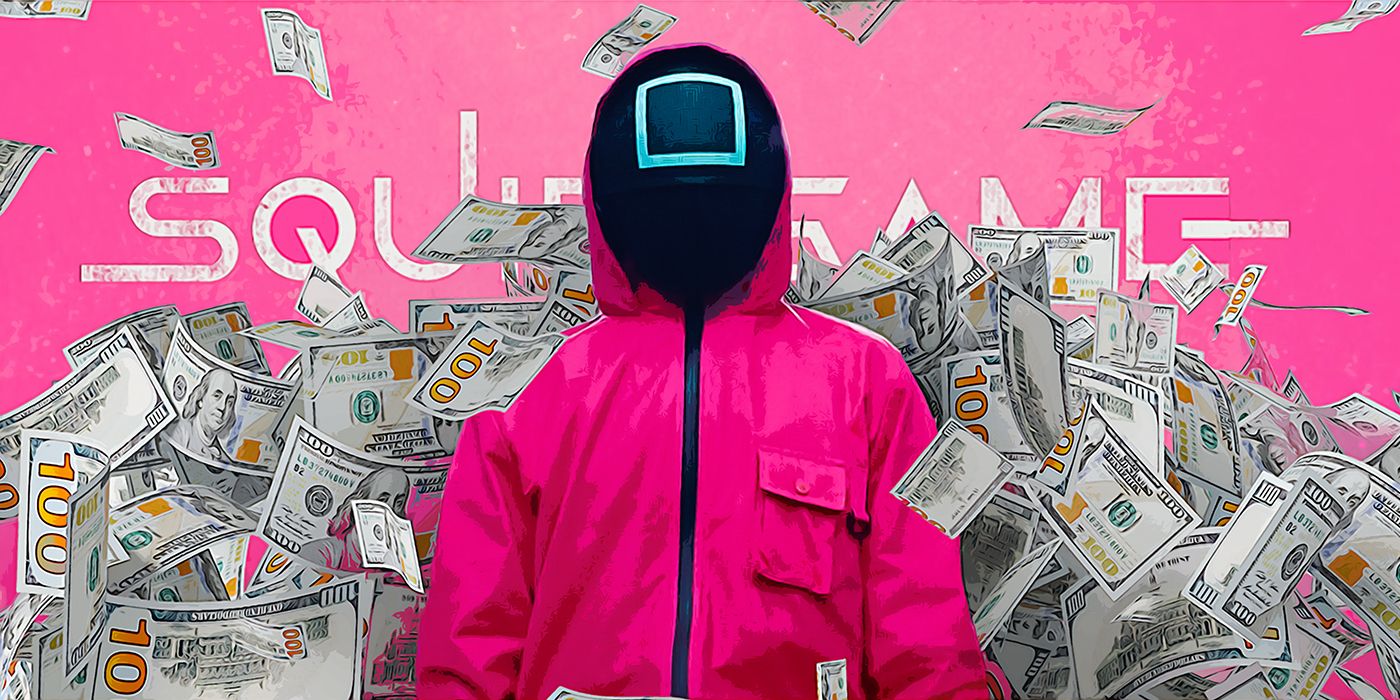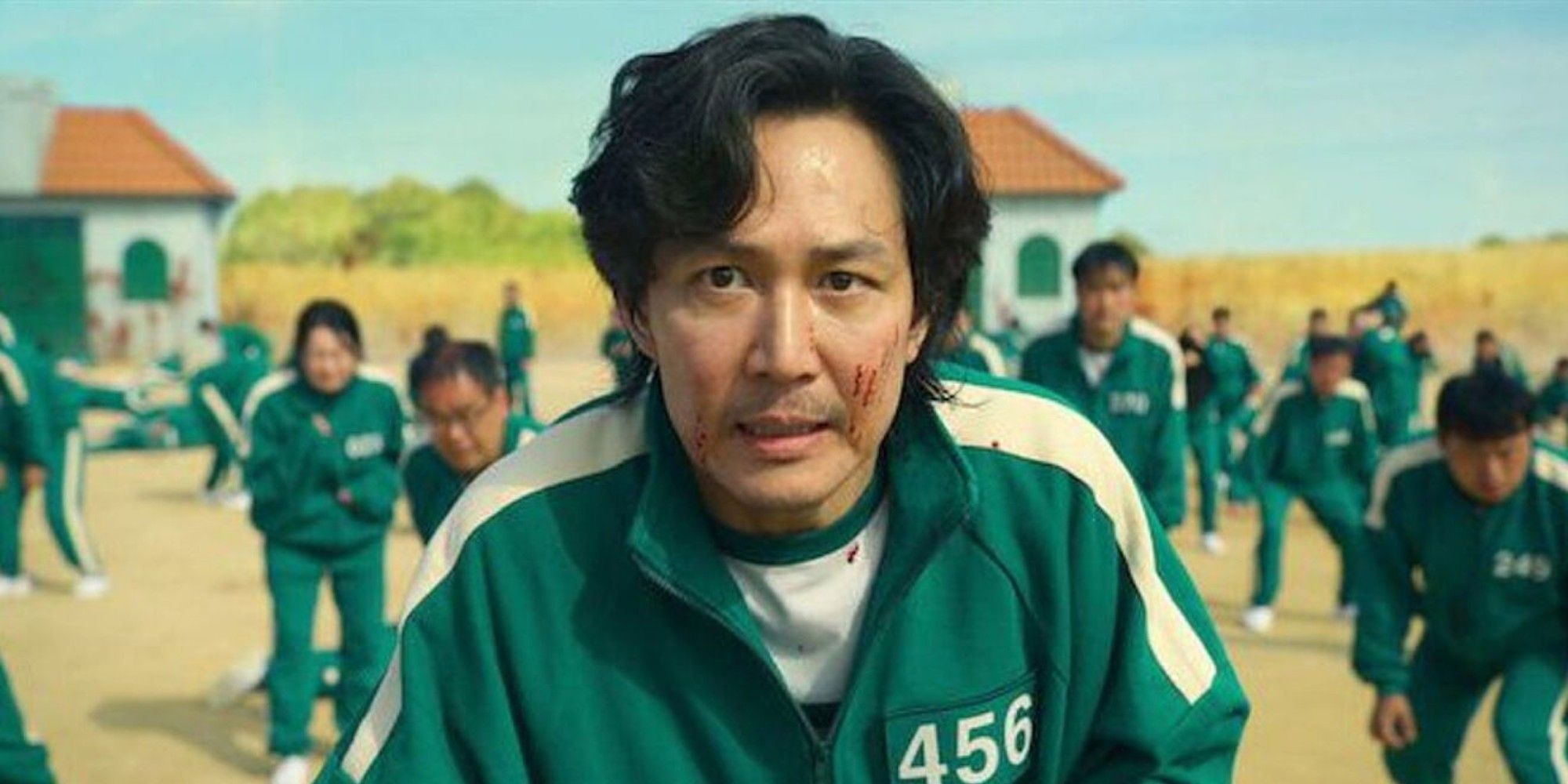Netflix had the notion that the hit South Korean series Squid Game would make for a great competition series. They were partially correct. They just forgot to add words in between: a great big disastrous debacle of a competition series. The news from behind the scenes are not good, to say the least.
Contestants have anonymously gone on record to talk about the inhumane conditions behind the scenes, which included being forced to stand in bitterly cold conditions and not being fed for extended periods of time. As a result, a number of contestants required medical attention, and despite Netflix's assurances that nobody was seriously injured, it is still problematic. The truth is, it was never a good idea, to begin with.
Remembering 'Squid Game'
The original series Squid Game was released on September 17, 2021, and very quickly became Netflix's most-watched series, with over 1 billion viewing hours within its first month of release on the site. The series begins with 456 people, all in deep financial hardship, being invited to take part in a secret contest at an unknown location. The contest is composed of a series of children's games, with the winner receiving a prize of over $35 million US. The contestants are made to wear green tracksuits and are given a number, all under the eyes of a vigilant group of masked guards, clad in pink jumpsuits, and the Front Man, who wears a black mask and black uniform.
The first game is the schoolyard favorite Red Light, Green Light, which seems innocent enough. However, at the first "red light," any contestant caught moving is shot to death, which causes half the crowd to panic and attempt to flee, turning the event into a literal bloodbath. Every day brings a new game, like tug of war, each with a deadly spin to it and each one resulting in the deaths of those who lose the game. As if the games themselves weren't troubling enough, psychological games are played with the contestants, like deliberately shorting the food supply in order to stir up animosity and distrust among the players. Alliances are made and broken, players sacrifice other players to save themselves, and at last, a winner is declared: Seong Gi-hun (Lee Jung-jae), who returns to Seoul with a bank card in hand to access the prize money. A year goes by, and Gi-hun is still too traumatized by survivor's guilt to touch it. He does manage to track down the man who created the game, Oh Il-Nam (O Yeong-su), a wealthy man on his deathbed that confesses that the game was created merely to entertain bored, wealthy people like himself.
The Appeal of 'Squid Game'
What hooked people on the series is a number of elements that worked in its favor. Its tone is unique, a strange blend of whimsy and creepiness that simply works. It's a scathing, insightful, and incisive look at the chasm between rich and poor and class structures as a whole. It skewers capitalism, and shines a light on the depths man will go to for even a chance at a better lot in life. The tension and bloody horror are captivating, almost too surreal to be believable but too engaging to look away from. The entire series can be summed up in a few words: an absolutely unique TV show with no equal.
In fairness, Netflix would be foolish not to try something to play off of its golden goose, but Squid Game: The Challenge isn't it, and there are many reasons why. The first and most obvious is that there are no comparable consequences. Regardless of what happens to contestants that lose a game, maybe hit with a bean bag, shot with a paintball, or forced to wear dunce caps, at the end of the day, they still get to go home to their loved ones. It's an element that makes the series so engaging, knowing that a player faces a finite death should they lose, and without that, there is no emotional investment in the contestants. Similarly, the extreme violence and bloodshed of the series can't be replicated in a real-life game. It's the part of the original series that explores the feral depths of man when placed in an inescapable environment where only the strongest will survive. It isn't the most obvious thematic element of the show, but it is a fascinating undercurrent throughout it.
What happens to the characters in the series between the games is just as tension-filled and engaging as the games themselves. Alliances are built not just to win, but simply to survive. Unless someone is awake to keep an eye on the safety of their allies throughout the night, other groups will swoop in to eliminate the competition. Again, a competition series just doesn't have that edge to it. The closest a show can come is more akin to Survivor or Big Brother than anything from Squid Game, and the ever-active camera catching contestants bad-mouthing others or plotting to oust the biggest threat has been done to death. It is severely unlikely that any backstory elements of Squid Game: The Challenge are going to add anything new to the trope.
The reality competition series is a massive, massive undertaking, with a contestant count well above the norm for these types of shows. Netflix has clearly put a lot of resources towards it, but it's obvious from the news reports from behind the scenes that those resources were either stretched thin, not sufficient, or non-existent altogether. Ironically, it could be argued that the trials of the contestants behind the scenes skew closer to the actual series' games than whatever ends up being produced. Squid Game: The Challenge does have one believer whose opinion carries a lot of weight, however: Squid Game director Hwang Dong-hyuk, who has publicly supported the venture. The show doesn't have a release date as of yet, although it is most likely to be released at some point this year.



